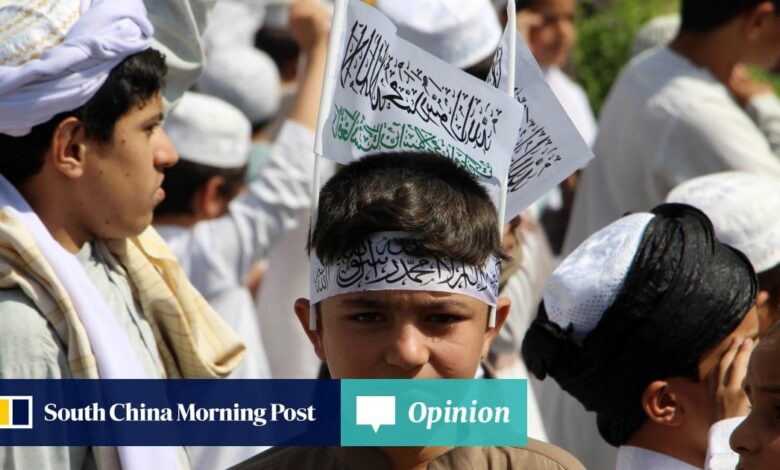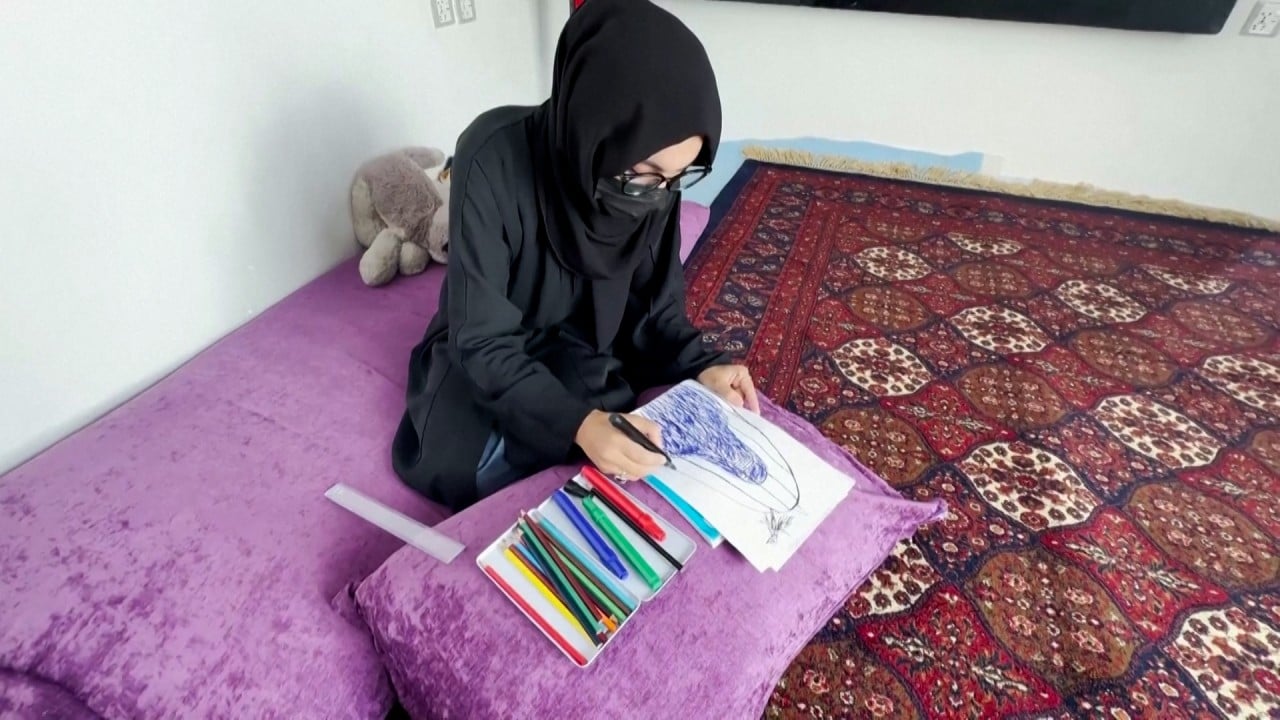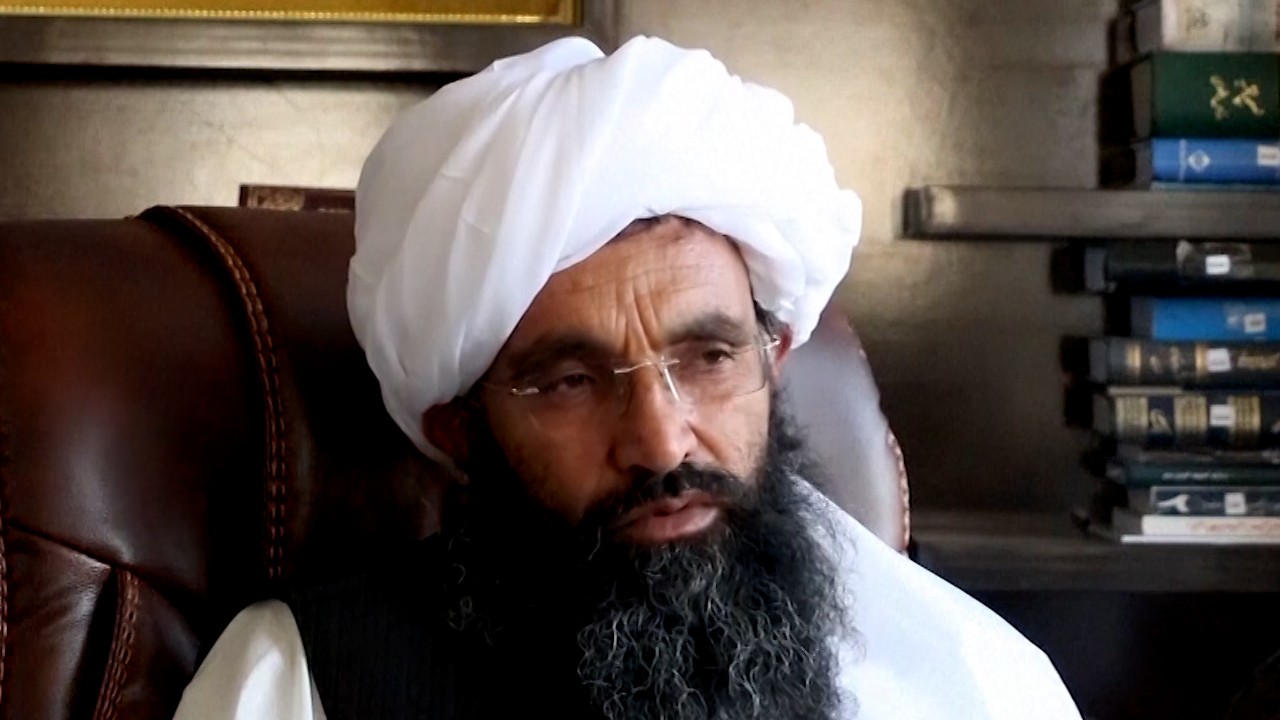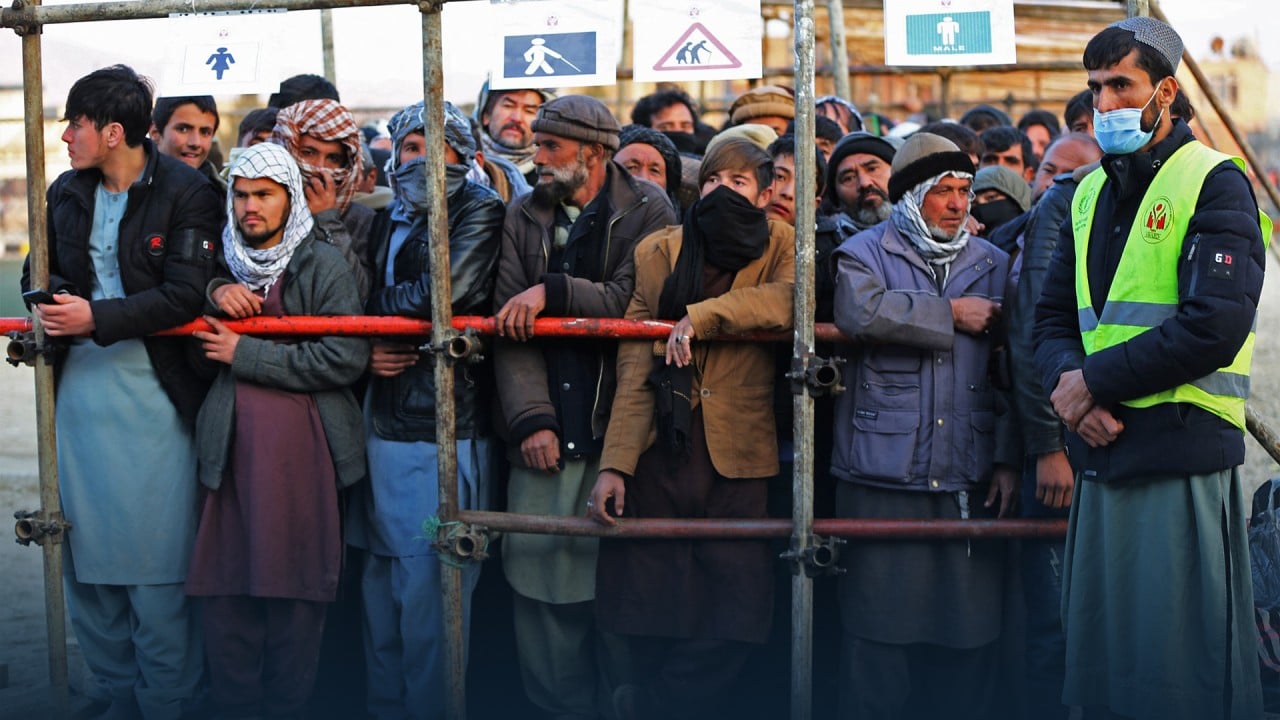Opinion | Taliban’s repressive rule in Afghanistan is driving its own demise

[ad_1]
The UN High Commissioner for Human Rights, Volker Türk, said the Taliban’s broken promises were a “betrayal of people’s trust”.
These abuses suggest one of two scenarios. Either the Taliban ruling elite are not in full control of the country, allowing their subordinates to target people at will, or the movement is conducting a planned, systematic attack on those it believes are not worth a place in their Afghanistan. Events on the ground suggest it’s likely to be both, and the Taliban isn’t stopping at members of the former regime.
Since 2021, Amnesty International has documented extrajudicial killings of Hazaras in several provinces. In a report last year, the group’s secretary general Agnes Callamard said that “these violent deaths are further shocking proof that the Taliban continue to persecute, torture and extrajudicially execute Hazara people”.
There are also accusations that the Taliban is allowing, or at least failing to prevent, attacks on Hazaras by Islamic extremist groups in Afghanistan.
Reports have also surfaced of the Taliban persecuting non-Muslim minority groups. Afghanistan’s small Sikh and Hindu communities have faced increasingly strict restrictions, including a ban on their religious holidays in public. Many have since left the country.
The targeting of different groups points to a systematic and sinister attempt to eliminate those who do not fit with the Taliban’s extreme interpretation of Islam. This, in effect, is the movement trying to turn Afghanistan into an ideological state, where it alone decides who is welcome.
This is dangerous and threatens to boil over into an environment of extreme violence where women, minority groups and former officials are targeted at will. At best, they will be denied their fundamental human rights; at worst, they will be tortured or killed.
But this could prove a step too far for the Taliban. Afghanistan’s neighbours have called on the movement to respect the rights of women and minority groups and form an inclusive government.
Afghanistan is also a different country to the one the Taliban first ruled in the 1990s, with many Afghans experiencing better living conditions and new-found freedoms before the movement returned. Afghans have seen bad rulers come and go over a 40-year period of invasions and civil strife and will not tolerate a bad regime prioritising ideological battles and brutality over rebuilding the country.
If the Taliban is serious about governing, it needs to act in a way that is acceptable to its neighbours. That means respecting the rights of all Afghans and not allowing the country to descend into a state of wanton violence.
Otherwise, the Taliban could quickly find itself without friends and out of power.
Chris Fitzgerald is a freelance journalist and project coordinator for the Platform for Peace and Humanity’s Central Asia Programme
[ad_2]
Source link







